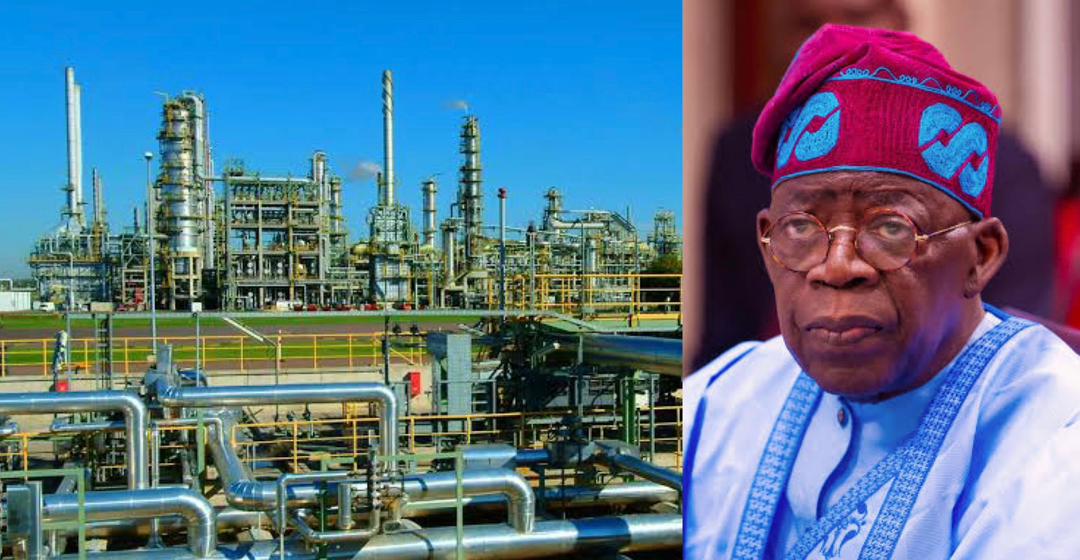The Presidency has attributed the current state of Nigeria’s refineries, including Port Harcourt, Warri, and Kaduna, to the opposition by labour unions to the federal government’s plans to sell them to private investors, Aliko Dangote and Femi Otedola, in 2007.
Special Adviser to the President on Information and Strategy, Bayo Onanuga, made this revelation while responding to claims of human rights abuse leveled against the present administration by the Trade Union Congress of the United Kingdom.
Notably, Onanuga condemned the labor unions for pursuing narrow interests that have stunted economic growth and development, compromising the well-being of workers and the poor.
He cited the example of the sale of Port-Harcourt and Kaduna Refineries to Bluestar Consortium, promoted by Dangote and Otedola, which was opposed by labour unions. Seventeen years later, the refineries remain comatose, despite gulping $25 billion in maintenance costs.
In contrast, Dangote has built the largest single-train refinery in the world, which was hailed by the same labor movement that opposed him earlier.
It is worth noting that Onanuga maintained that the administration will continue to promote the best economic interests of Nigerians, despite challenges, and pursue policies that expand national economic output and create prosperity.
It bears mentioning that he rejected claims of human rights abuse, stating that NLC President Joe Ajaero was stopped from traveling abroad due to his failure to honor a law enforcement agency’s invitation for an ongoing investigation.
Read More: Rivers Governor Fubara Denies Plan to Dump PDP Amid Crisis
FCT Minister Wike issues stern warning to PDP Governors
Onanuga emphasized that no one is above the law in Nigeria and cited examples from the United States, where former President Donald Trump and President Biden’s son have been subjects of lawful investigations.
It is wotHe assured that the government recognizes the labor movement’s role in protecting its members’ interests but noted that labor often advances ideological positions that contradict economic realities.




